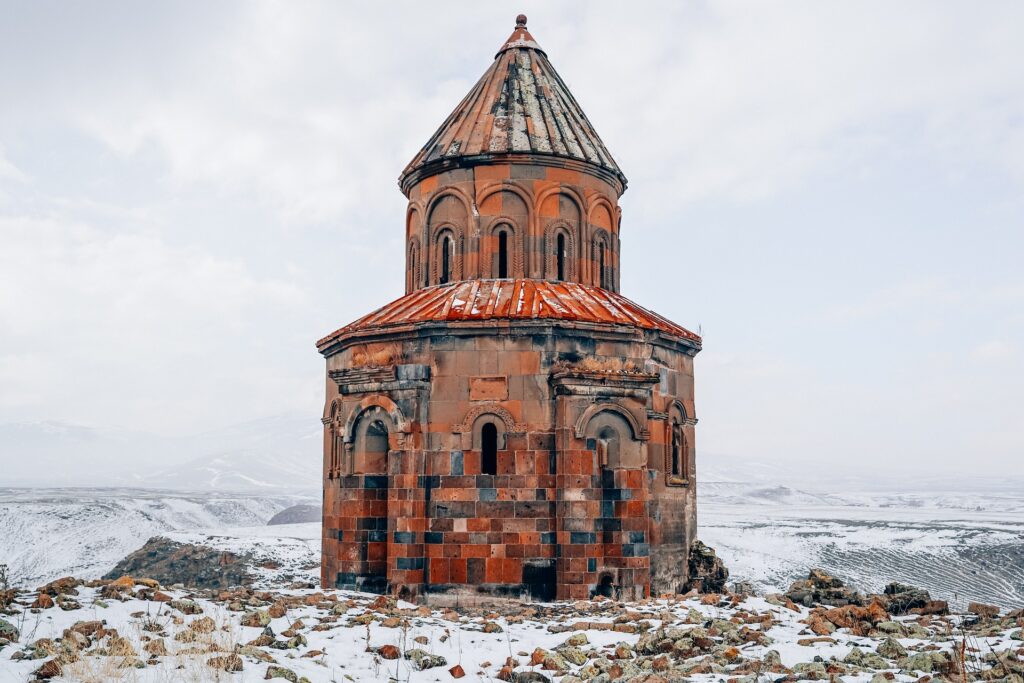Mehmet Kalyoncu*
It is only normal for a country to seal its common border with an irredentist neighbor to maintain its national security and territorial integrity.
It is more so given that Armenia has never officially recognized and acknowledged its common border with Turkey, constitutionally considers part of Turkey’s lands as its own and worse, has for almost two decades been occupying 20 percent of another neighboring country. So, the reason Turkey shut its border with Armenia and why Turkey should keep it as such is not simply Turkey’s affinity with Azerbaijan, but Armenia’s irredentist nature and the security threat that it clearly poses to its neighbors. The fact that Armenia cannot dare to confront Turkey militarily neither ceases its aspirations on Turkish territories nor changes its malignant nature that has long obstructed progress toward security and stability in the South Caucasus.
Moreover, the impunity Armenia has long enjoyed despite its continuous violations of international law, humanitarian law, Geneva conventions and United Nations Security Council resolutions during and after its invasion of Azerbaijani territory makes Yerevan even more reckless about paralyzing its peace talks with Turkey and Azerbaijan. On April 30, 1993, the UN Security Council adopted resolution S/RES/822 (1993), “noting with alarm the escalation in armed hostilities and, in particular, the latest invasion of the Kelbadjar district of the Republic of Azerbaijan by local Armenian forces, Expressing grave concern at the displacement of a large number of civilians and the humanitarian emergency in the region, Reaffirming also the inviolability of international borders and the inadmissibility of the use of force for the acquisition of territory, [and demanding] the immediate cessation of all hostilities and hostile acts with a view to establishing a durable cease-fire, as well as immediate withdrawal of all occupying forces from the Kelbadjar district and other recently occupied areas of Azerbaijan.” This resolution came after Yerevan-backed local Armenian forces killed 613 Azerbaijani civilians, including 106 women and 83 children, in the town of Khojali on Feb. 25-26, 1992. Instead of ceasing their attacks, the Armenian forces expanded their killing campaign to beyond the Nagorno-Karabakh region into surrounding districts such as Lachin, Kubatly, Jebrail, Zangelan, Aghdam and Fizuli. As Armenian forces continued to invade these districts, the UN Security Council adopted resolutions 853, 874 and 884 in the same year demanding a cease-fire and the withdrawal of Armenian forces from the occupied Azerbaijani territories.
To this day, however, these districts, totaling 8.9 percent of Azerbaijani territory, as well as the Nagorno-Karabakh region remain under the control of Armenia. The way Sarksyan recalls the Khojali massacres is quite telling: “We don’t speak loudly about these things. But I think the main point is something different. … Before Khojali, the Azerbaijanis thought that they were joking with us, they thought that the Armenians were people who could not raise their hand against the civilian population. We were able to break that [stereotype]. And that is what happened.” (Thomas de Waal, “Black Garden: Armenia and Azerbaijan through Peace and War,” NYU Press 2004, p.172) By that, President Sarksyan also implies what they aspire to do so long as the circumstances permit.
The way forward
In the final analysis, the current leadership in Yerevan does not seem to be ready to acknowledge its past transgressions, let alone make due reparations to their victims. Yet it can start by revisiting Armenia’s irredentist characteristic and finding ways to get rid of it instead of asking Ankara to give up its precondition to the ratification of the protocols.
In the meantime, Ankara should recognize that the normalization of Turkish-Armenian relations is directly contingent to not one but two preconditions: First, Armenia must end its occupation of the Azerbaijani territories in the Nagorno-Karabakh region as well as the surrounding districts, and second, it must remove from its constitution the articles that describe eastern Turkey as “Western Armenia.” In the absence of the other, satisfying one of these conditions is not enough, because while one literally certifies Yerevan’s irredentist aspirations toward Turkey, the other practically illustrates that Yerevan would seek to fulfill those aspirations once the circumstances permit. Until then, Turkey’s common border with Armenia should remain sealed.
*Mehmet Kalyoncu is an international relations analyst
